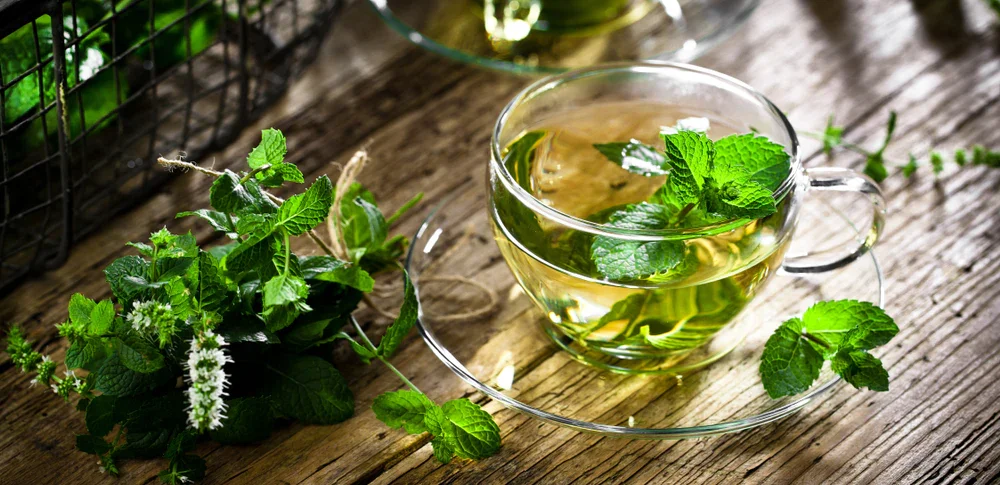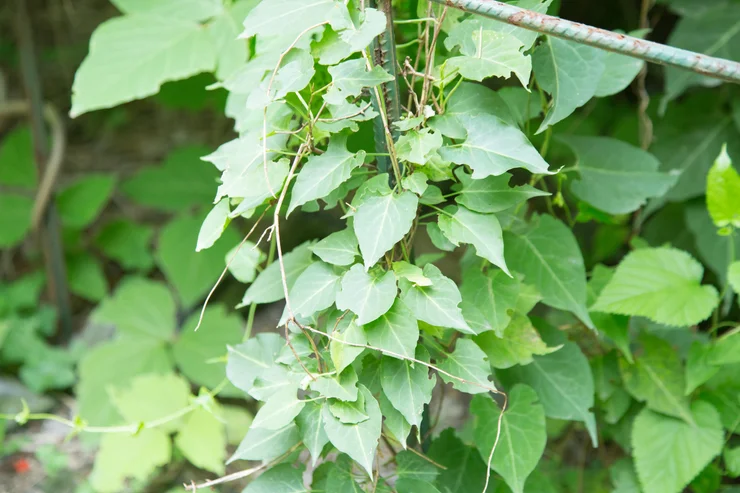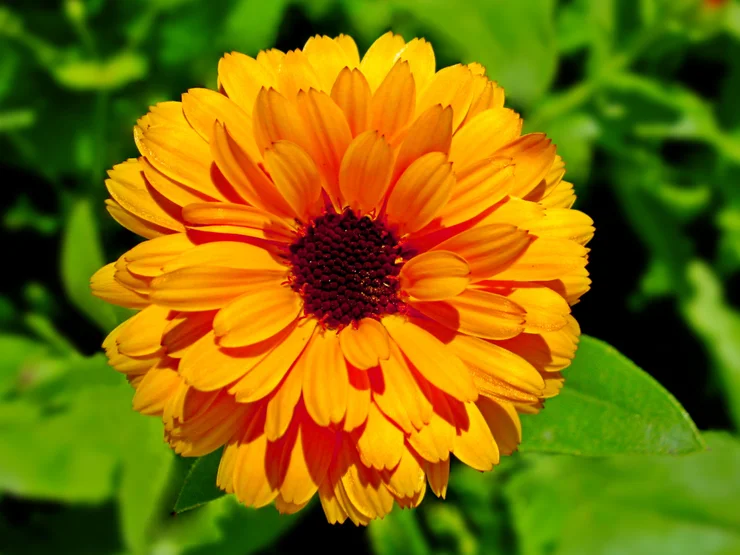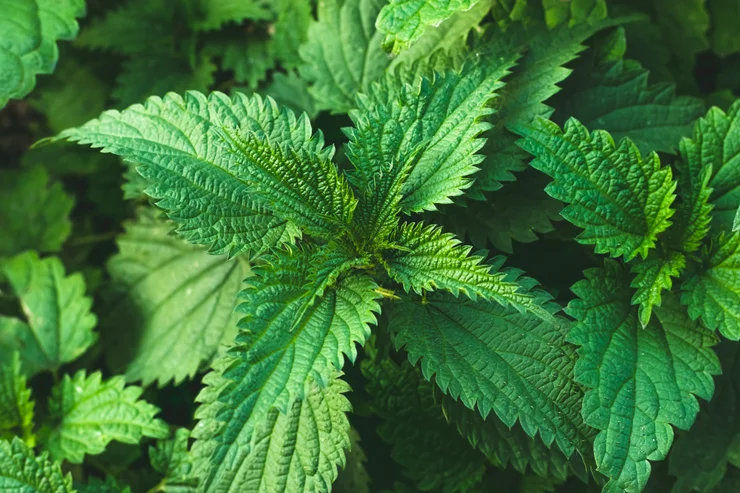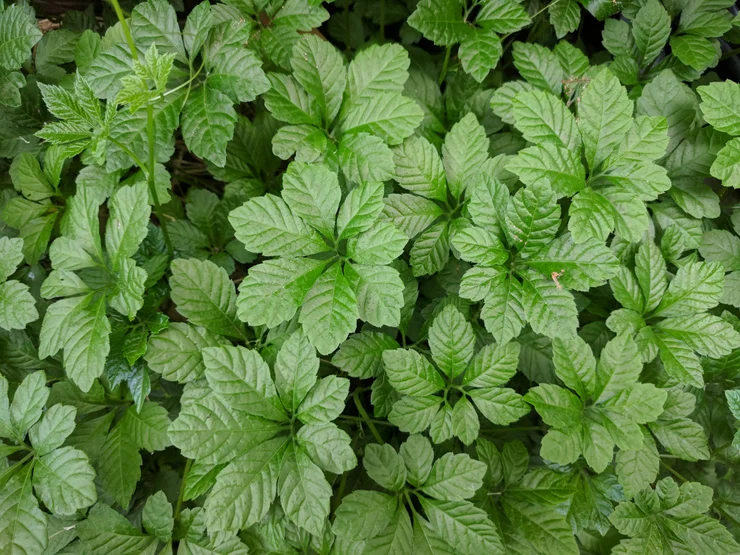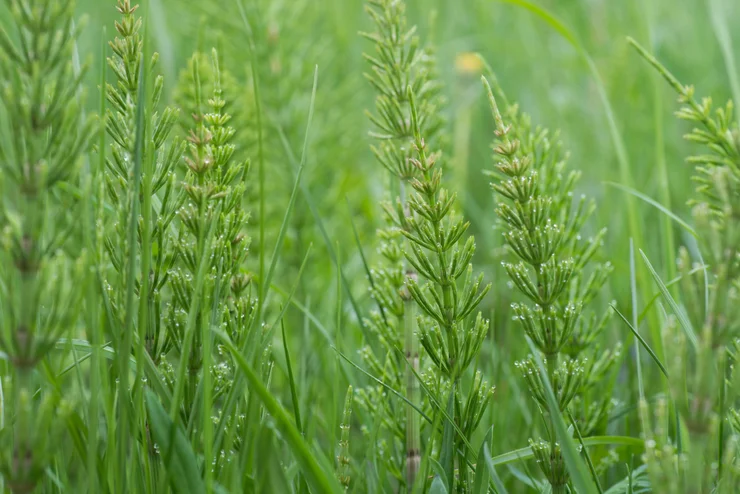Calendula—a natural anti-inflammatory—acts like a bandaid for the body.
One of the traps that hinder collagen production is UV light (3, 4). And believe it or not, calendula counteracts UV light damage with its bright orange color.
Its color comes from vitamin A-related compounds called carotenoids, and these carotenoids inhibit the breakdown of collagen fibers (5). Thus, collagen is protected and calendula saves the day.
Calendula can also be used as a pain reliever, anti-diabetic, anti-viral, and anti-inflammatory, among others.
It can also be used to potentially aid with the following:
- Gastrointestinal
- Gynecological
- Eye disease
- Skin injuries
- Burns and wounds
- Digestion
- Hypoglycemia
- High cholesterol
There are many ways to take calendula, including teas, extract, tincture, and ointment. Here are the daily dosage recommendations based on the type you take.
- Tea- 1 cup orally three times daily; 1-2 g dried flowers/8 oz of water
- Liquid extract- 0.5-1 ml orally three times daily
- Tincture (suspension of the herb in alcohol)- 0.3-1.2 ml orally three times daily
- Ointment- Apply topically as needed
